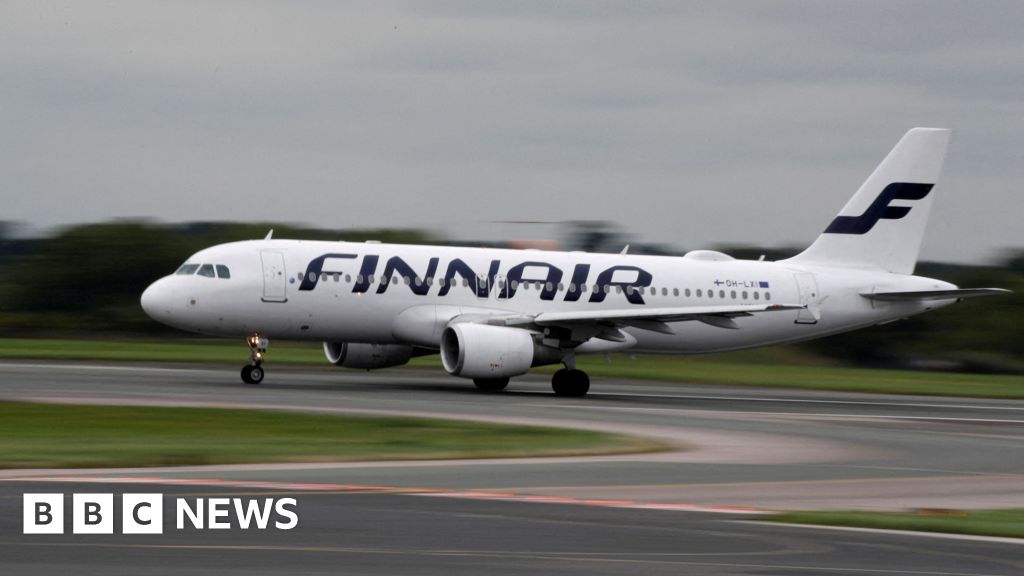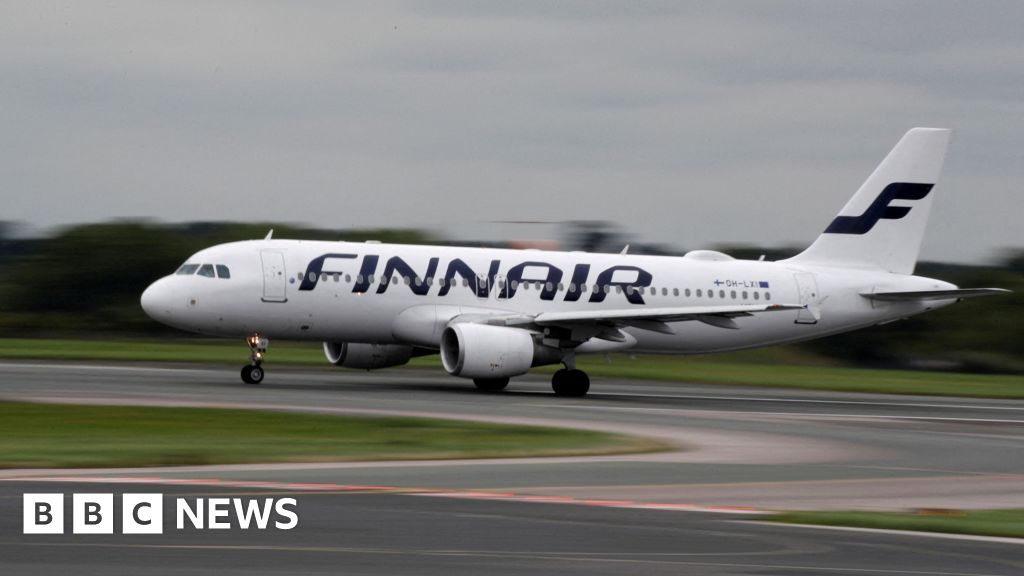GPS jamming Certainly, it is important to understand that attacks on aircraft can present a major threat to aviation safety and navigation. This is a serious issue that requires attention from all pilots and air traffic controllers in order to minimize the associated risks. Recognizing the potential impact of GPS jamming attacks is essential for ensuring the continued safety and effectiveness of air travel.
GPS jamming attacks on aircraft have the potential to create serious safety risks for aviation. These attacks can interfere with the GPS signals used for navigation, which could result in hazardous situations for pilots and passengers. It is crucial for the aviation industry to acknowledge these threats and implement measures to safeguard against them. Here are some strategies to minimize the risk of attacks and uphold the safety of aircraft and those on board.
1. GPS jamming is a method used to disrupt the signals of GPS devices
GPS jamming is a technique that disrupts the signals of GPS devices by emitting a stronger signal on the same frequency, causing interference and preventing accurate navigation. This can be done intentionally to block GPS tracking or unintentionally by devices such as radio transmitters or other electronic equipment. It’s important to be aware of the potential for GPS jamming and take necessary precautions to ensure the reliability and accuracy of GPS technology.

A method that disrupts the signals of GPS devices, leading to inaccuracies in tracking location and navigation assistance. This can be done intentionally by individuals or groups for various reasons, including privacy concerns or criminal activities. It’s important to be aware of the potential for GPS jamming and to implement measures to protect the security and reliability of technology.
GPS jamming is a deliberate method used to interfere with the signals of GPS devices, leading to malfunctions or inaccurate location information. This can be carried out by individuals or organizations for reasons such as privacy concerns or criminal activities. It’s crucial to understand the potential consequences as it can disrupt navigation systems, emergency services, and other essential applications that depend on GPS technology.
2. GPS jamming attacks on aircraft pose potential risks and dangers
GPS jamming attacks on aircraft pose a serious threat to safety. These attacks can disrupt the GPS signals that pilots rely on for navigation, potentially leading to loss of control or crashes. It is essential for pilots and aviation authorities to understand this risk and take measures to mitigate it. This may include utilizing alternative navigation systems and remaining vigilant for any indications of GPS interference.
which are essential for precise aircraft positioning and navigation. In the most severe cases, these attacks can result in loss of control or navigation errors, putting the safety of passengers and crew at risk. It is crucial for aviation authorities and industry professionals to recognize these risks and implement measures to minimize the potential impact of GPS jamming attacks.
GPS jamming attacks on aircraft are a cause for significant concern, as they have the potential to compromise the safety of both the aircraft and its passengers. These attacks can interfere with the navigation systems of the aircraft, leading to potential loss of control and difficulty in accurately determining location and altitude. It is essential for aviation authorities and aircraft operators to be aware of these risks and take steps to minimize the impact of attacks.
3. There are regulatory and legal implications for GPS jamming in aviation
Tampering with a GPS signal can result in serious legal repercussions. The Federal Communications Commission (FCC) and Federal Aviation Administration (FAA) closely monitor and regulate GPS signal interference because it poses a significant safety risk to aviation. Engaging in activities that disrupt GPS signals can result in hefty fines, imprisonment, or both. It’s essential to be aware of and comply with the regulations and legal consequences of GPS jamming in aviation to avoid severe penalties.

In aviation can lead to serious regulatory and legal consequences. Jamming signals can interfere with aircraft navigation systems, creating a significant safety hazard. This poses a risk to the lives of passengers and crew, and can also result in legal repercussions for the person responsible. It’s crucial to understand the severe implications of participating in GPS jamming, particularly within the aviation industry.
GPS jamming in aviation carries significant regulatory and legal consequences. It is essential to recognize that any interference with GPS signals can lead to severe penalties, including fines and legal action. Both the Federal Communications Commission (FCC) and the Federal Aviation Administration (FAA) have strict laws and regulations in place to prevent GPS disruption, as it poses a considerable safety hazard to aircraft and passengers. It is imperative for anyone in the aviation industry to understand and adhere to these regulations to guarantee the safety and protection of all flights.
4. Preventive measures and countermeasures for GPS jamming attacks include technology advancements, improved signal authentication, and enhanced security protocols.
The continual improvement of technology in GPS systems, along with enhanced signal authentication and stronger security protocols, plays a crucial role in preventing and countering GPS jamming attacks. These measures are essential for maintaining the reliability and accuracy of GPS systems in various applications, from navigation to military operations. .
There are various steps that can be taken to prevent GPS jamming attacks. Technological advancements can be utilized to create more robust and resilient GPS systems. Signal authentication can be improved to ensure that received signals are genuine and not being interfered with. Additionally, enhanced security protocols can help safeguard GPS systems from potential attacks. By implementing these preventive measures and countermeasures, the impact of GPS jamming attacks can be minimized.
Several measures can be taken to prevent and counteract GPS jamming attacks. Technology advancements, such as developing more robust and resilient GPS systems, can help mitigate the impact of jamming attacks. Improved signal authentication methods can also enhance the security of GPS signals, making it more difficult for attackers to disrupt them. Additionally, implementing enhanced security protocols can help protect GPS systems from potential jamming threats. By combining these preventive measures and countermeasures, the impact of GPS jamming attacks can be minimized. .
5. There have been case studies and examples of GPS jamming incidents in aviation
GPS jamming incidents in aviation have been extensively documented and researched, with numerous case studies and examples illustrating the potential dangers and disruptions caused by these incidents. This has led to increased awareness and efforts to develop countermeasures to prevent and mitigate the impact of GPS jamming on aviation safety. .
GPS jamming incidents in aviation are a serious concern, and there have been numerous case studies and examples that demonstrate the potential dangers. One significant incident took place in 2012 when a pilot in Israel experienced a loss of GPS signal due to jamming, leading to a temporary loss of navigational guidance. This incident serves as a reminder of the imperative need to address GPS jamming and prioritize the safety of aviation systems.

GPS jamming incidents in aviation are a significant concern because of the potential dangers they pose. There have been numerous case studies and examples demonstrating these dangers, including a significant incident in 2012 when a pilot in Israel experienced a loss of GPS signal due to jamming, resulting in a temporary loss of navigational guidance. This incident serves as a reminder of the critical need to address GPS jamming and prioritize the safety of aviation systems.
GPS jamming incidents in aviation have been extensively documented and studied, with numerous case studies and examples available to illustrate the potential dangers and consequences. These incidents highlight the significance of comprehending and addressing the risks associated with GPS jamming to ensure the safety and security of aviation operations. Analyzing these case studies and examples can provide valuable insights for aviation professionals to understand the potential impact of GPS jamming and develop strategies to mitigate these risks.
6. Industry and government agencies are collaborating to develop solutions to combat GPS jamming threats in aviation
Collaboration between industry and government agencies is crucial in addressing GPS jamming threats in aviation. By working together, they can develop effective solutions to reduce the risks posed by GPS jamming and ensure the reliability of navigation systems for pilots and air traffic control. This collaborative effort demonstrates a commitment to addressing potential threats and safeguarding the integrity of the aviation industry. .

Through joint efforts, experts can pool resources, expertise, and technology to develop effective solutions that enhance the safety and security of air navigation systems. This coordinated approach is critical for identifying potential threats, devising countermeasures, and implementing strategies to protect against GPS jamming, ultimately safeguarding the aviation industry and its passengers.
It is essential for industry and government agencies to collaborate in order to develop effective solutions for addressing GPS jamming threats in aviation. This partnership allows experts to combine their perspectives and resources to create strategies that will ensure the safety and security of air travel. By taking a proactive approach, this collaboration helps to safeguard against potential disruptions to GPS technology in the aviation sector.
Interested in Reading My Article On:Naomi Klein discusses the impact of misinformation and conspiracy theories on society.



